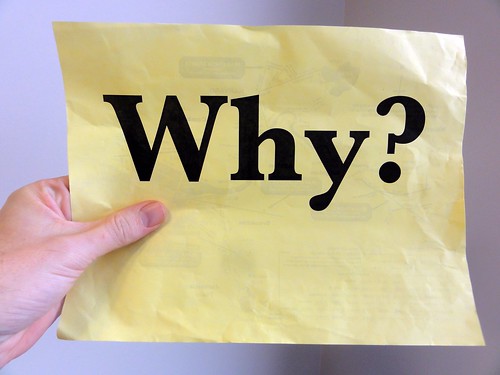Today is International Women’s Day. It is a chance for women to have a voice so I thought I better use mine today too. I am tired of women being silenced and many examples can be found just flicking through the articles around today and with my own recent experiences.
In my Facebook feed there has been numerous articles on theme. My favourite has been Annabel Crabb’s article about being a bad feminist, demonstrating the contradictions and quandaries involved in labelling oneself as a feminist (Crabb 2015). Crabb’s article was prompted by a book authored by Roxane Gay, which I now have to buy.
In another article, Penny Jane Burke wrote about the lose/lose situation women face when fighting for representation in male dominated hierarchies:
Women are repeatedly blamed for their own under-representation, in terms of their assumed low aspirations and/or low confidence. On the other hand, the collective strength of women expressed through feminism is also seen as a problem, with continual innuendos about feminism leading to the “emasculation of men”. (Burke 2015)
Today I also read about criticism of Tara Moss for having overly glamorous holiday snaps (Hornery 2015) and another woman criticised and condemned as obese for changing her carefully filtered and styled photos to more natural photos because it showed her as not so skinny (Grey 2015).
As a teenager I remember listening to the lyrics of Luka by Suzanne Vega. It was a rude awakening to domestic violence in the world. Not much has changed in the 28 intervening years. Social media has helped to give a stronger voice to the protests but now Tony Abbott uses his voice to announce a $30m awareness campaign for domestic violence not long after slashing $100m to services that actually helped the victims of domestic violence (Freedman 2015). Meanwhile the Salvation Army quickly gathered together a clever campaign of its own based on a black and blue dress that a week earlier became the favoured internet image of the day (Visentin 2015). Clever tricks are required because otherwise the victim’s voice may not be heard.
I have seen so often, too often, women be quietened, whether it be directly like a female Lebanese news anchor being told to shut up, making news and celebrated today for the rare silencing of her attacker by turning off his microphone (Champion 2015) or the constant haranguing of Julia Gillard in terms of what she wore and through plain misogynist abuse (Summers 2012) to the extent that any positive comments were drowned out by a cheap shot like Germaine Greer’s comments on Q&A (Goldsworthy 2013).
Speaking of Q&A, I stopped watching it a while back because I was continually seeing women being quietened by voice and body language by the men on the show that I now prefer to watch in a secondary manner via Twitter where I can enjoy the outrage expressed by the people I follow.
As a female teacher in a predominantly male school it often feels that the female voice is hushed. The hierarchy has been overwhelmingly male at both the schools in which I’ve been employed and thus there is little room for a woman’s opinion but also with male students there can be an issue. It might be thought that the authority of a teacher would have some sway, and usually it does, but some boys know how to use their masculinity to intimidate in a way that male teachers often don’t understand, such as blocking a path, standing too close, standing over, a sexual swagger, a tone of mockery when the words are right but everything else screams disrespect. Elements of this behaviour occur for male teachers too but it is different with women. Thankfully I have hardly experienced this in the last few years; age has its advantages.
The male voice is generally deeper and louder than a woman’s voice and has gained respect for being this way over the centuries, or always. I have often been talked over by men but my speech lessons as a child sometimes pay off and I project myself as well as I can to be heard. It doesn’t always work and I don’t always feel brave enough. It was only in the last few months a man waved a big finger in my face, just a couple of centimetres from my nose, because he didn’t like what I was saying. Pure intimidation. Men are good at talking down to women and often they don’t even know they’re doing it, which is why ‘mansplain’ is Macquarie Dictionary’s word of the year (Gray 2015). I’ve seen and experienced when women are promoted that the men feel the need to explain to women how to do their job whereas they don’t do the same for their fellow man in exactly the same promotional position. A friend of mine, a data analyst, works in a male-dominated industry and feels subjected to mansplaining on a daily basis.
This is one of the reasons I like social media, it gives me a voice. I’ve seen the stats and know that not many people read this blog but at least I’ve been able to express myself, uninterrupted. But I’ve also seen the horrendous trolling that has occurred on social media and am particularly horrified at the way women protesting violence in video games have been treated. Thankfully for me, Twitter has connected me with strong women prepared to label themselves as feminists and to speak against misogyny and slowly I’m becoming braver to speak up about it too. We have been silenced for long enough.










